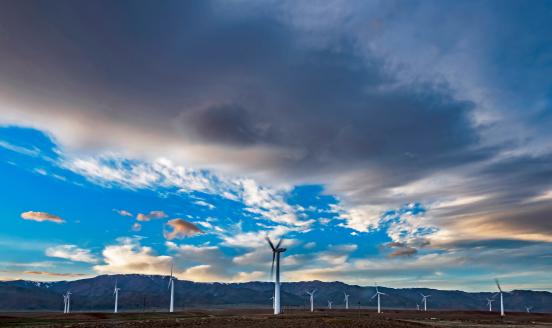Greening the recovery by greening the fiscal consolidation
In the wake of COVID-19, some economic recovery policies will help green the economy – for example, energy renovation of buildings.

The issue
The long road to economic recovery from the COVID-19 shock is just beginning. European countries are considering how best to reboot their economies, with fiscal stimulus plans at the core of the consideration. Meanwhile, the European Commission has put forward its Next Generation EU plan. These stimulus packages will amount to several percentage points of GDP, and can therefore influence the future orientation of the economic system. For this reason, policymakers aim to incorporate long-term goals into recovery packages, most fundamentally a just transition towards a climate-neutral economy.
Policy challenge
Greening the recovery is a significant policy challenge. While there clearly are recovery policies that have positive effects on greening the economy, such as promoting energy renovation of buildings, there is a limit to the proportion of stimulus that can be explicitly greened. Beyond focusing on greening explicit stimulus policies where possible, greater emphasis should thus be placed on altering expectations, so that market agents anticipate higher future pay-offs from low-carbon investment. The European Union needs to announce today a significant increase in carbon prices after 2021, to be engineered through revisions of the Emission Trading System and the Energy Taxation Directive. Such reforms could provide annual additional revenues €90 billion. This could make a major contribution to post-COVID-19 fiscal consolidation requirements, which might be in the order of one percent of GDP per year.
Recommended citation:
McWilliams, B., S. Tagliapietra and G. Zachmann (2020) ‘Greening the recovery by greening the fiscal consolidation’, Policy Brief 2020/02, Bruegel



